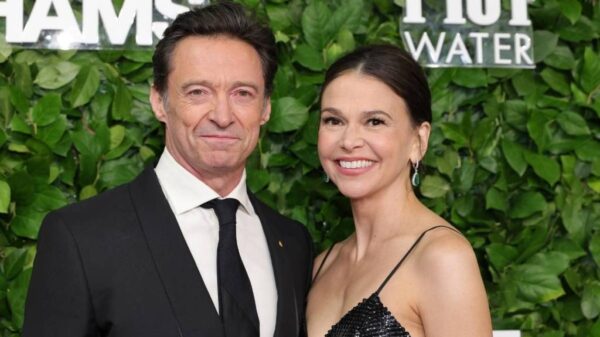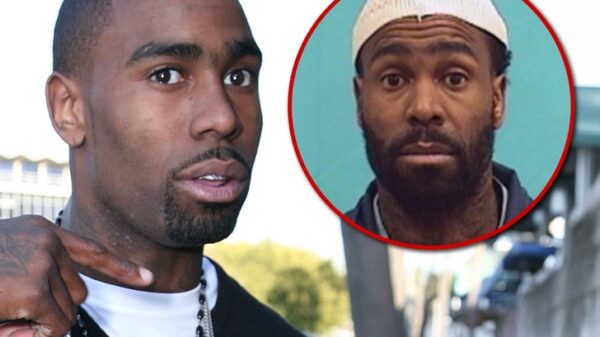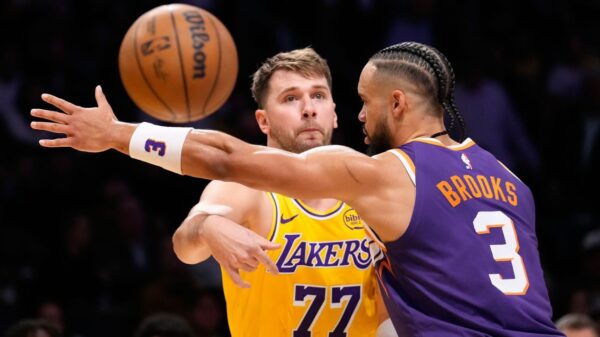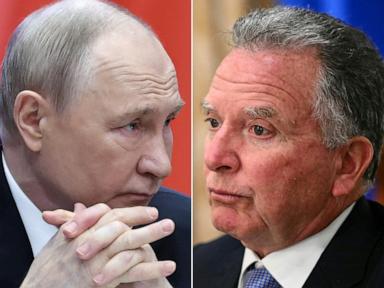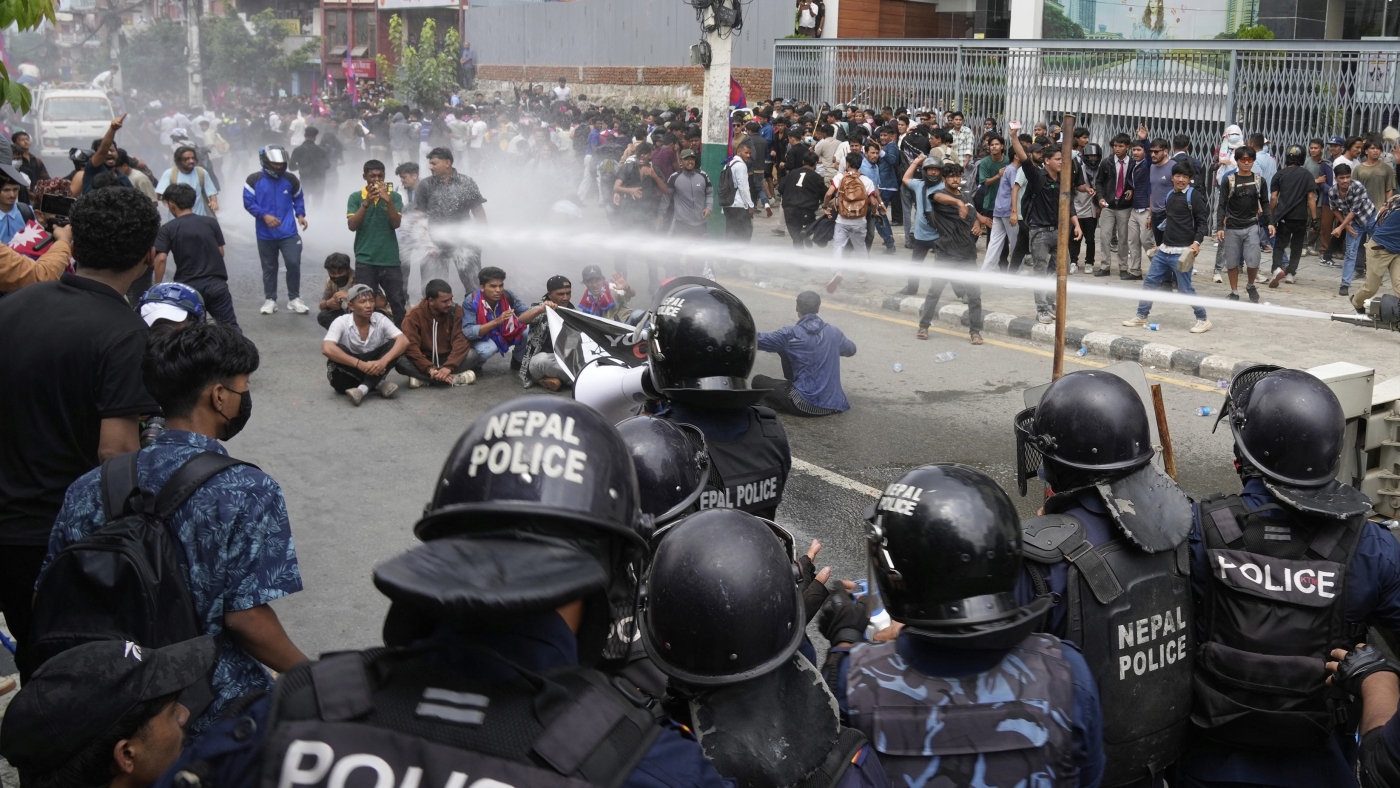UPDATE: Nepal’s government has just lifted its controversial ban on social media platforms, following a devastating crackdown on protests that left 19 people dead on Monday. The unrest erupted as citizens rallied against the government’s censorship efforts, leading to a tragic escalation that resulted in police opening fire on demonstrators in Kathmandu.
The ban was initially imposed last week after several major social networks, including Facebook, X, and YouTube, failed to comply with new government regulations requiring registration and oversight. The protests, which attracted tens of thousands of participants, were dubbed the “protest of Gen Z,” reflecting the frustrations of younger generations against perceived government overreach.
Many of those injured in the violence are receiving treatment at the National Trauma Center, with reports indicating that several victims are in critical condition. Dr. Badri Risa reported, “Many of them are in serious condition and appear to have been shot in the head and chest.” As families awaited news of their loved ones, blood donation lines formed outside the hospital, highlighting the community’s urgent response to the tragedy.
Prime Minister Khadga Prasad Oli announced the formation of an investigative committee to report back within 15 days and promised compensation for the victims’ families, alongside free medical care for the injured. Meanwhile, Home Minister Ramesh Lekhak resigned during an emergency Cabinet meeting late Monday, further signaling the government’s acknowledgment of the crisis.
The protests stemmed from widespread outrage over the government’s new social media bill, which many view as an attempt to stifle free speech and suppress dissent. Rights organizations have criticized the legislation as a means of censorship, aimed at punishing those who oppose the government online. The registration requirement targets about two dozen platforms, leading to fears of increased censorship in a country that had previously banned TikTok for similar reasons in 2023.
As the situation continues to develop, the international community is watching closely. Neither Google, which owns YouTube, nor Meta, the parent company of Facebook and Instagram, have commented on the unfolding events. Similarly, Elon Musk’s X platform has not responded to inquiries.
With social media now unblocked, it remains to be seen how the government will enforce its regulations and whether citizens will continue to express their dissent online. The lifting of the ban is a pivotal moment for Nepal, but it also raises questions about the future of freedom of expression in the region.
As this story evolves, updates will be provided on the government’s next steps and the ongoing impact of the protests on Nepal’s social landscape. The world is awaiting how the government balances control with the public’s demand for accountability and transparency.

